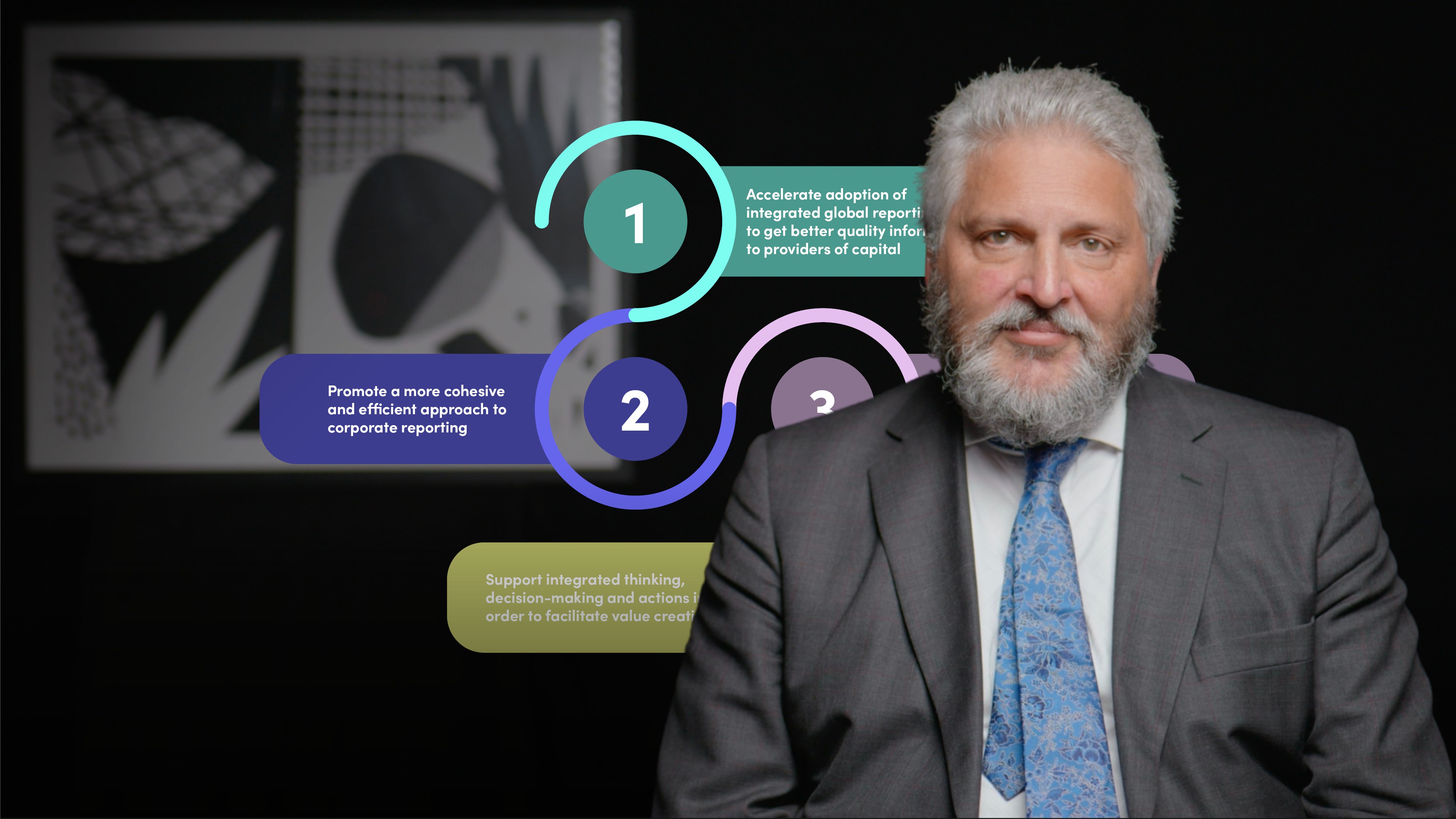
Introduction to the SASB and ISSB

Keith Mullin
35 years: Capital markets editorial
In this video, Keith explains the background and origins of the SASB and its journey to becoming a global leader in sustainability reporting. He covers the integration of the SASB with the IFRS, the development of the ISSB, and its mission to standardise and improve sustainability reporting worldwide. He further provides insight into the objectives of the SASB reporting framework and illustrates its implementation through a case study on BHP, a global mining company.
In this video, Keith explains the background and origins of the SASB and its journey to becoming a global leader in sustainability reporting. He covers the integration of the SASB with the IFRS, the development of the ISSB, and its mission to standardise and improve sustainability reporting worldwide. He further provides insight into the objectives of the SASB reporting framework and illustrates its implementation through a case study on BHP, a global mining company.
Subscribe to watch
Access this and all of the content on our platform by signing up for a 7-day free trial.

Introduction to the SASB and ISSB
12 mins 43 secs
Key learning objectives:
Understand the need for reporting standards and initiatives and how they differ from taxonomies
Outline the development of the International Sustainability Standards Board and what it aims to achieve
Describe the current SASB Standards
Overview:
The development of robust standards across the corporate sector and financial markets is a critical element of the evolving ESG landscape; they aim to make sense of granular risk and impact data disclosure and regulatory reporting. One of the initiatives being developed in this area is the International Sustainability Standards Board, which has brought together expertise from other reporting initiatives, and has the aim of developing a comprehensive global baseline of sustainability disclosures for the capital markets, and become the de facto global standards setter.
Subscribe to watch
Access this and all of the content on our platform by signing up for a 7-day free trial.
Why do we need reporting standards and how are they different from Taxonomies?
One of the biggest issues in ESG investing is lack of access to reliable and consistent ESG data, which is what the reporting and standards initiatives are trying to address. Reporting standards will create standardised reporting and data disclosure and allow stakeholders to make better corporate and capital allocation decisions.
Another element improving sustainable investment are taxonomies. Taxonomies formally classify the activities that are environmentally sustainable, whereas the reporting and standards initiatives provide frameworks and guidelines for reporting ESG data with the aim of providing transparency to investors and other market participants.
How was the International Sustainability Standards Board developed and what is it trying to achieve?
To get us where we need to be and have a comprehensive set of standards that is used across the market, there needs to be some consolidation of all of the players to create efficiencies and limit duplication of work. This is what the IFRS Foundation is trying to do.
The IFRS has undertaken a spate of mergers with the sole focus of creating the International Sustainability Standards Board (ISSB). The organisations subsumed into the IFRS include the Value Reporting Foundation (VRF), which was initially the Sustainability Accounting Standards Board (SASB) and the International Integrated Reporting Council (IIRC), who merged in 2021. SASB developed standards to provide investors with comparable, non-financial information about corporate sustainability performance along the value chain. The IIRC created a framework for integrated reporting, the IRF, which encouraged companies to integrate sustainability within their strategies and risk assessments by integrating them into annual reports. The Climate Disclosure Standards Board, the CDSB, was also subsumed into the IFRS Foundation, prior to which, they were an international consortium of business and environmental NGOs committed to advancing and aligning global mainstream corporate reporting to equate natural and social capital with financial capital. All of these mergers were undertaken to form the ISSB which will develop the IFRS Sustainability Disclosure Standards and they will be heavily based on the SASB Standard.
What are the SASB Standards?
While the IFRS Sustainability Disclosure Standards are being developed, the IFRS still encourages the use of the SASB Standards.
SASB has created standards across 11 broad industry groupings segmented into 77 sub-sectors, each of which breaks out the most relevant ESG factors for its financial performance.
Standards include: 1) Disclosure topics, 2) Accounting metrics, 3) Technical protocols.
Subscribe to watch
Access this and all of the content on our platform by signing up for a 7-day free trial.

Keith Mullin
There are no available Videos from "Keith Mullin"





























